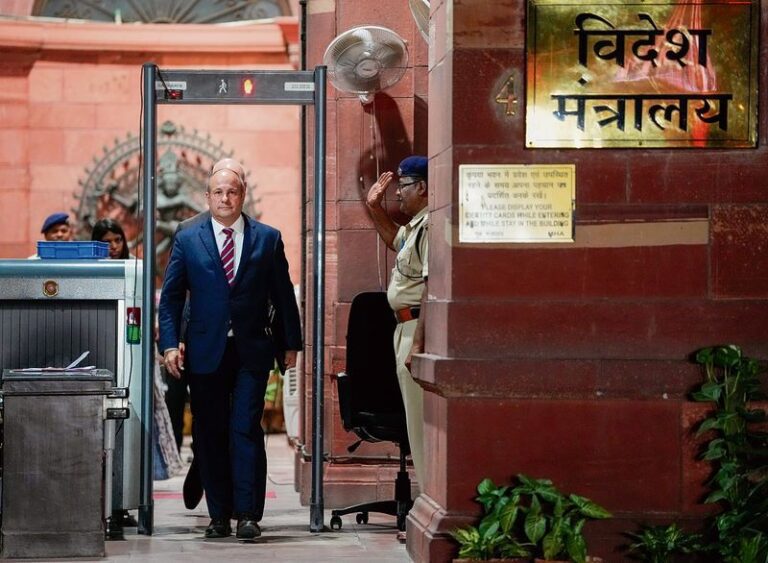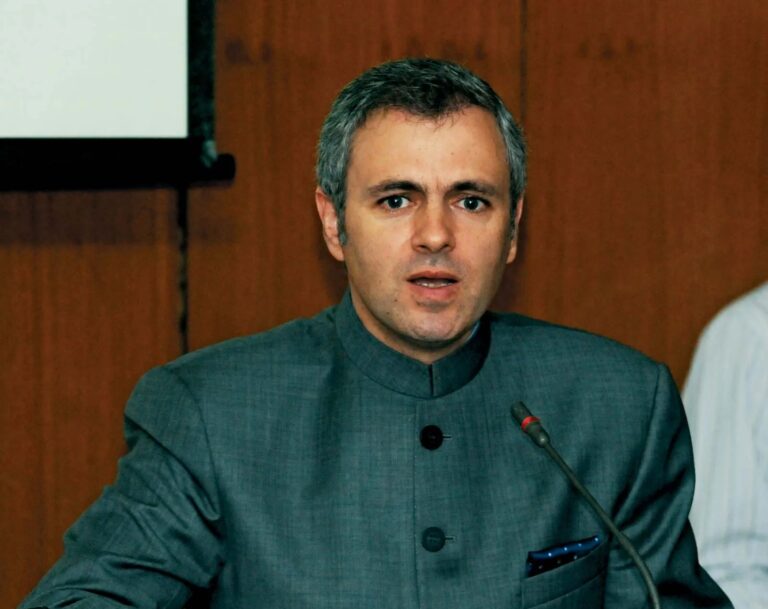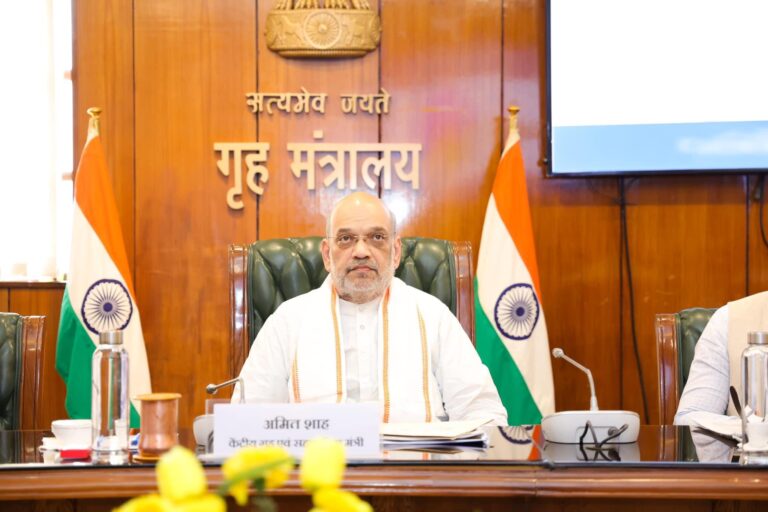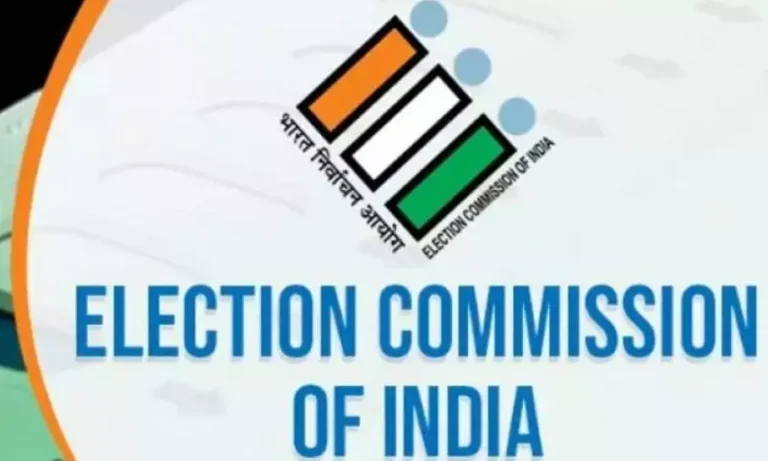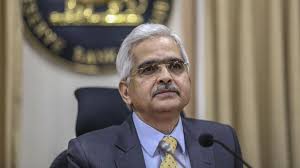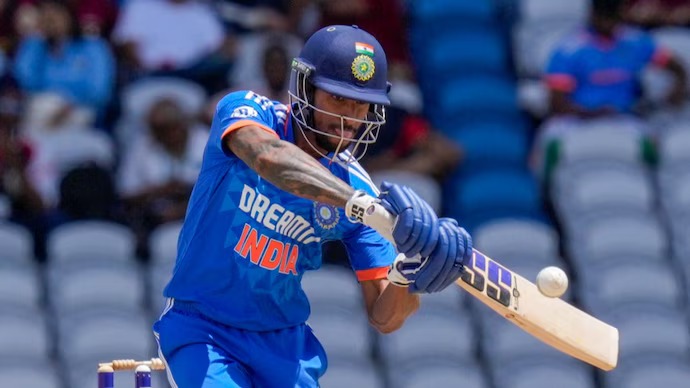India has escalated its diplomatic dispute with Canada, expelling six Canadian diplomats, including Acting High Commissioner Stewart Wheeler, and announcing the withdrawal of its own High Commissioner and other diplomats from Canada. This move follows allegations by the Canadian government that Indian diplomats, including High Commissioner Sanjay Kumar Verma, are “persons of interest” in the ongoing investigation into the 2023 killing of Khalistani extremist Hardeep Singh Nijjar.
The Ministry of External Affairs (MEA) issued a strong statement rejecting these claims, labeling them as “preposterous imputations” driven by vote-bank politics. The MEA criticized the Trudeau government for failing to provide any evidence supporting its allegations despite repeated requests from India. According to the MEA, these accusations are part of a deliberate strategy to damage India’s international standing for political gain.
India’s move comes after a series of escalatory actions between the two nations. Last month, Canada expelled several Indian diplomats, citing their alleged involvement in the Nijjar case. The Indian government responded by stressing its diplomats’ safety concerns and accused Canada of allowing extremist groups to operate freely on its soil. The MEA pointed out that Canadian authorities have neglected multiple extradition requests related to individuals involved in terrorism and organized crime
The diplomatic standoff continues to strain relations, with both countries adopting retaliatory measures. The Indian government has reaffirmed its right to further actions if the Trudeau administration persists with its current approach, signaling a deepening crisis between the two Commonwealth nations.
The Government of India has asked the Canadian diplomats to leave India by or before 11.59 pm on Saturday, October 19, 2024.(inputs from sources)

